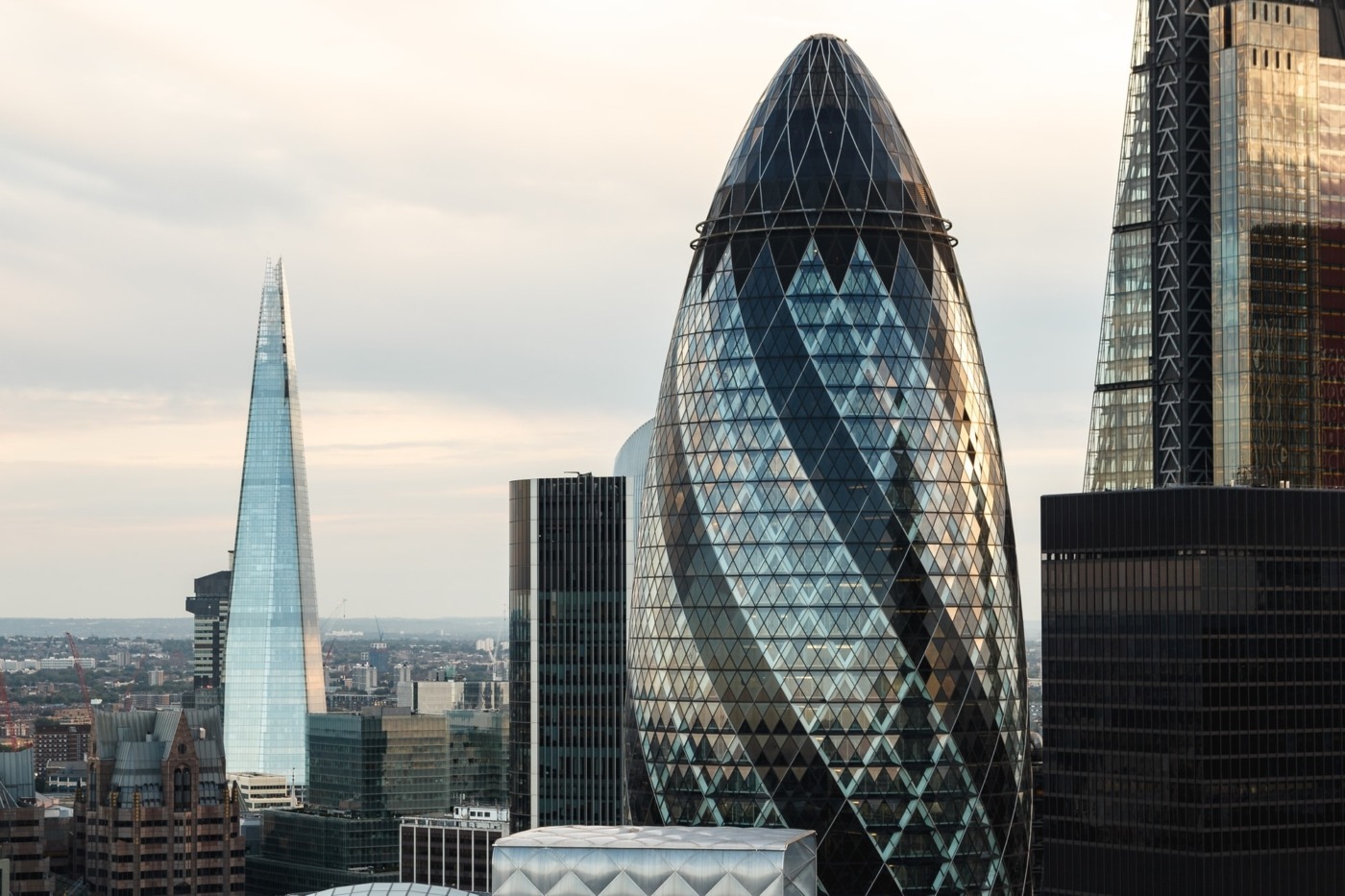Should the government bailout the world’s largest polluters?
As Covid-19 spreads across the globe, governments have been forced to shut down businesses and provide bailout money to keep them afloat. No business wants to be out of action, forced to furlough staff and unsure what the future will bring. But according to the Guardian, many polluting industries are using this pandemic to make billions in bailouts and as a means of weakening or delaying environmental protection. Some environmental campaigners are describing the leaders of these companies as the “coronavirus profiteers”. But, should governments really be bailing out the world’s largest polluting industries? Or should the money be used instead to protect the environment?
Energy leaders have warned that these unprecedented sums of money are a historic opportunity to deal with the climate. Fatih Biroh, executive director of the International Energy Agency, said: “When I look at different parts of the world I have not seen yet a major emphasis on clean-energy technologies. If we put the money in the right place, we can manage the [climate] risk, and have a much more modern, cleaner and safer energy system. But if you put the money in the wrong place, we will lock ourselves in a dirtier energy system, making it much more difficult to reach our climate targets.”
Energy leaders have warned that these unprecedented sums of money are a historic opportunity to deal with the climate
Meanwhile, Rachel Kyte, a former UN special representative for energy and former World Bank Group vice president, said: “Covid-19 puts our economies at a fork in the road. Using public money to bail out firms that will take us on the road which doesn’t accelerate decarbonisation and doesn’t address inequality is not just unaffordable, it’s dangerous.”
The EU has also backed a green recovery plan. It argues that although the issues caused by Covid-19 are serious and require attention, they should not detract from environmental efforts. Frans Timmermans, executive vice-president for the Green Deal at the European Commission, said: “[Dealing with Covid-19] cannot and will not throw us off course in our efforts to tackle the climate crisis that still looms large as one of humanity’s most daunting challenges. Bailouts should all be linked with clear conditions that the money will be used for a green economy and a green society. The very least that should be done is to ascertain that none of our commitments are used to harm our climate goals.”
Although the issues caused by Covid-19 are serious and require attention, they should not detract from environmental efforts
This all seems nice and simple – if these companies want public money, they ought to conform to green standards. But things aren’t that clear-cut, and there’s a lot to weigh up. No matter how important you think dealing with the climate crisis is, it’s a bad look for governments to essentially blackmail companies with public money – if you want to survive, comply with our demands, or else go out of business. Many people are employed by these businesses (in America, there is an estimated 10 million people working in the oil industry alone), and governments simply cannot cause such mass unemployment. If there’s a perception that our leaders care for green initiatives more than they do people’s livelihoods, you’d expect public opinion to turn against the climate movement, and that’s the last thing we want.
However, companies should acknowledge that these bailouts come with certain social responsibilities. If they use public money to keep going, they should proactively engage with discussions about the future of our global economy and the planet. Covid-19 is distracting, but lobbyists shouldn’t be using it as an excuse to try and sneak through postponements of single-use plastic directives (as they attempted in the EU), or suspend the enforcement of environmental laws (in the USA). If there is public will for a greener future when this crisis passes, companies will find it hard to refuse.
A sustainable society requires green initiatives, yes, but it also needs economic growth and an appetite for change
It’s a hard call for governments to make. They may be pursuing green policies, but they can’t just use a global pandemic to force companies into doing whatever they demand. A sustainable society requires green initiatives, yes, but it also needs economic growth and an appetite for change. We may be able to build a different, greener economy after this crisis has passed, and companies will have to react to a change in a global consumer base – this feels a far more effective change to drive climate action among companies than restrictive bailout terms.

Comments